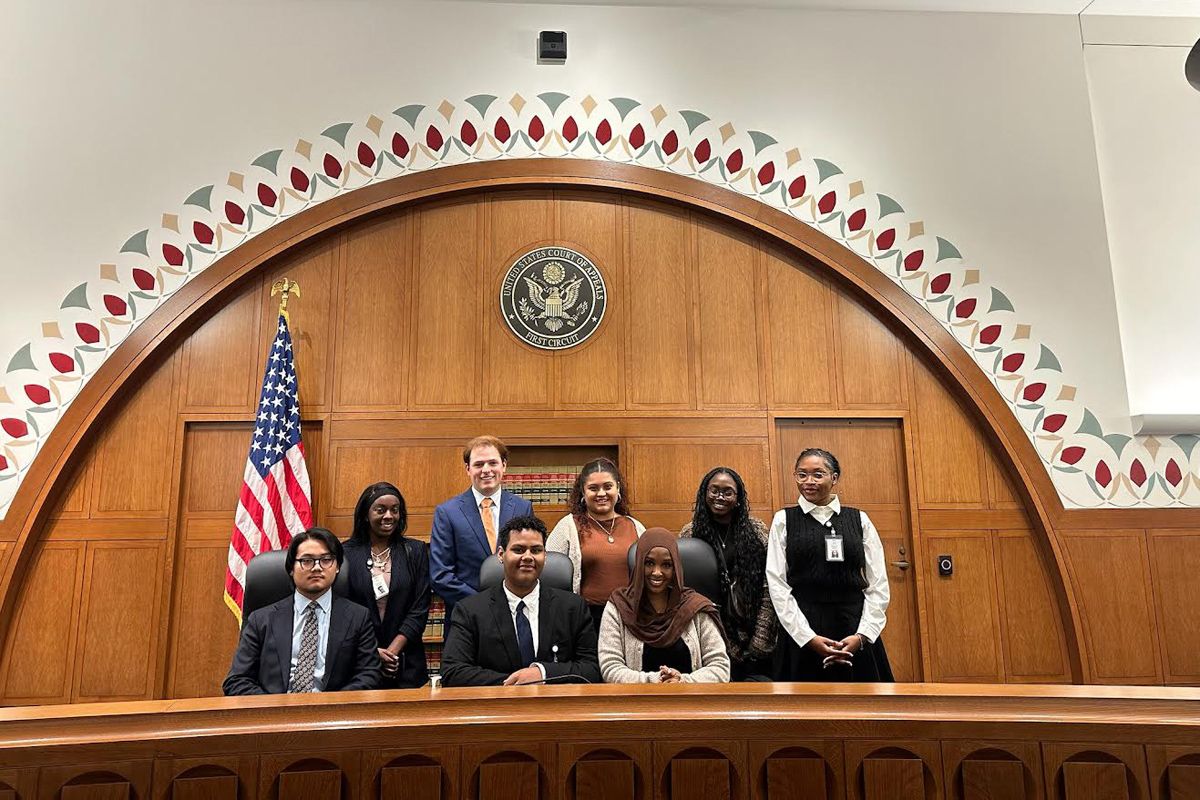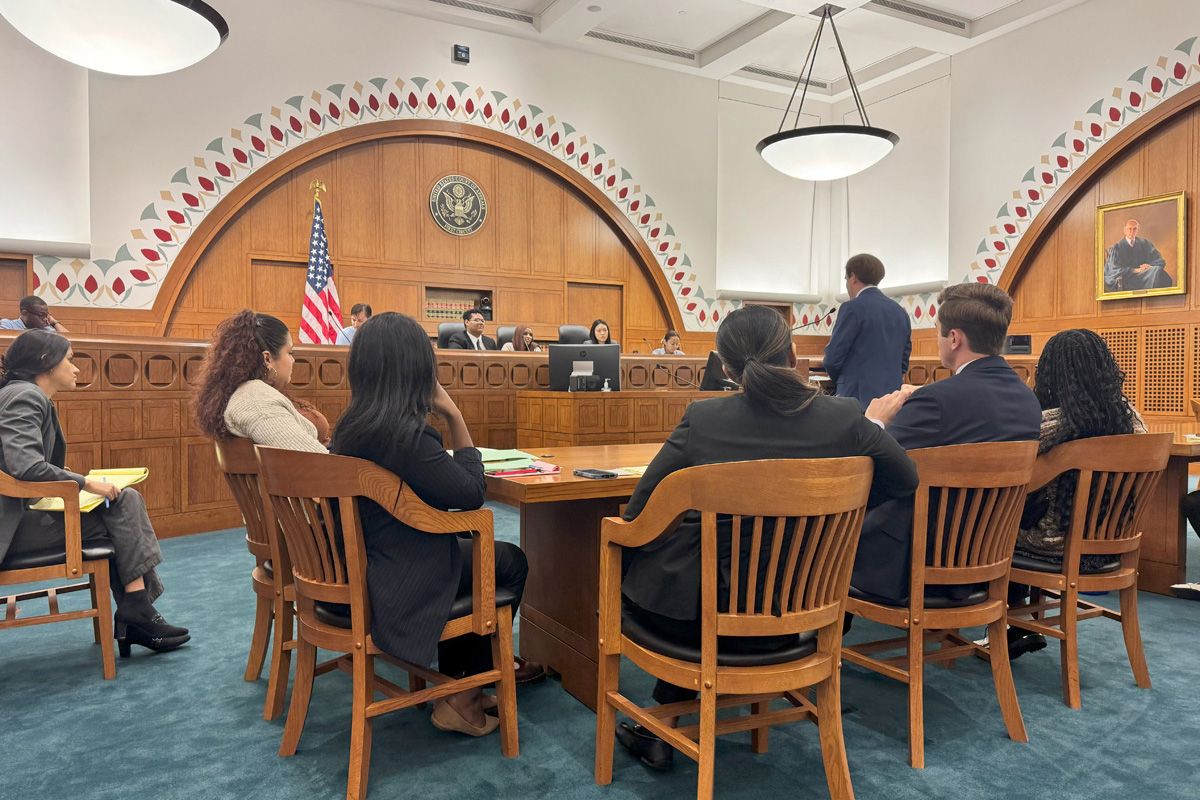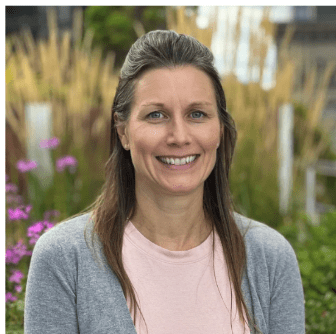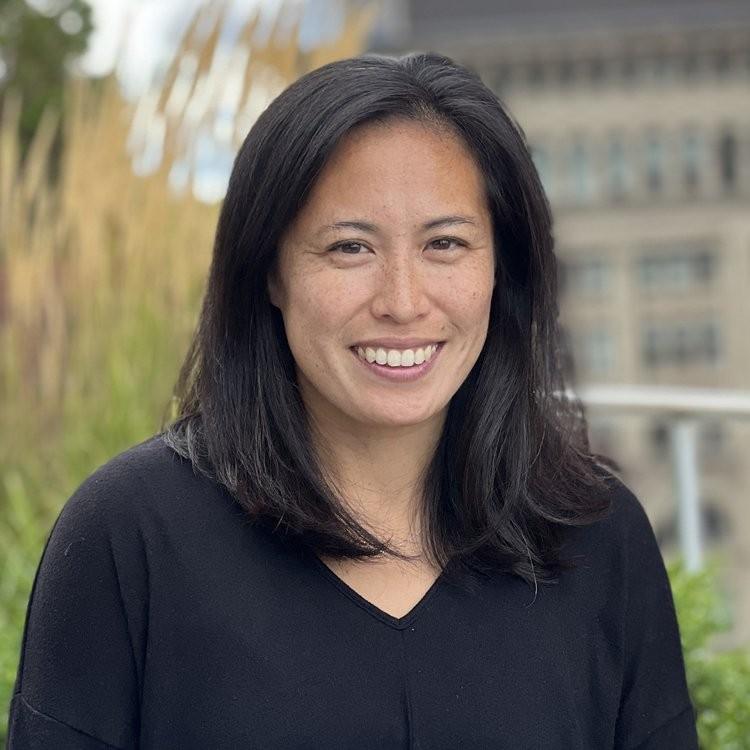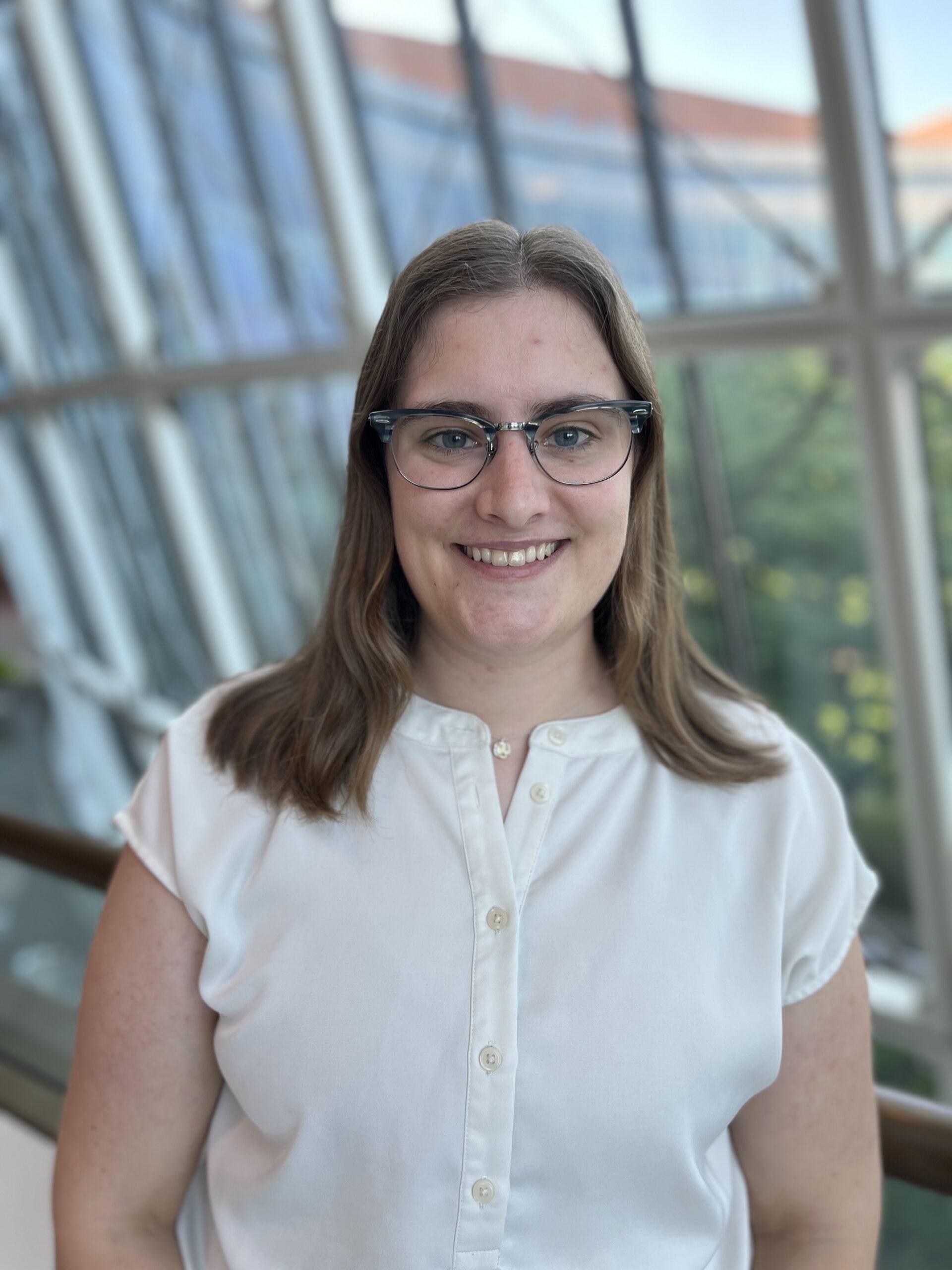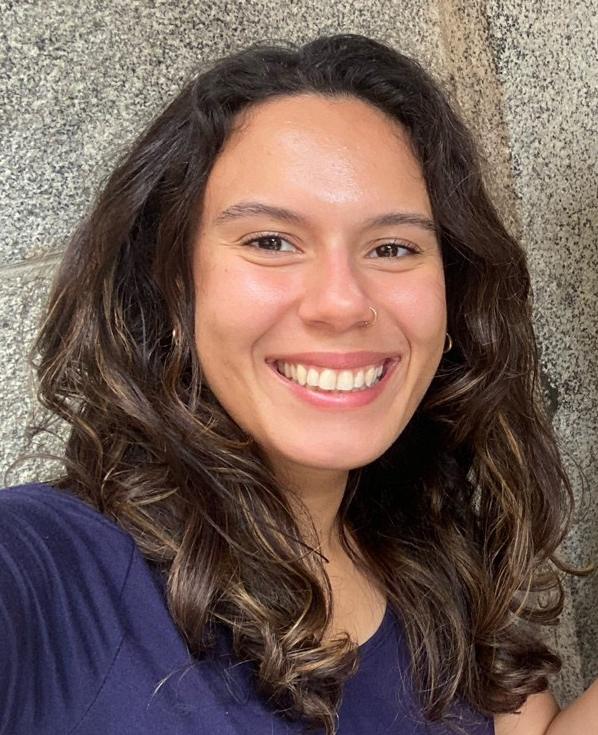Discovering Justice Field Trips
- PROGRAMS
- High School Half Day Civic Excursions
High School Civic Excursions at the Moakley Courthouse
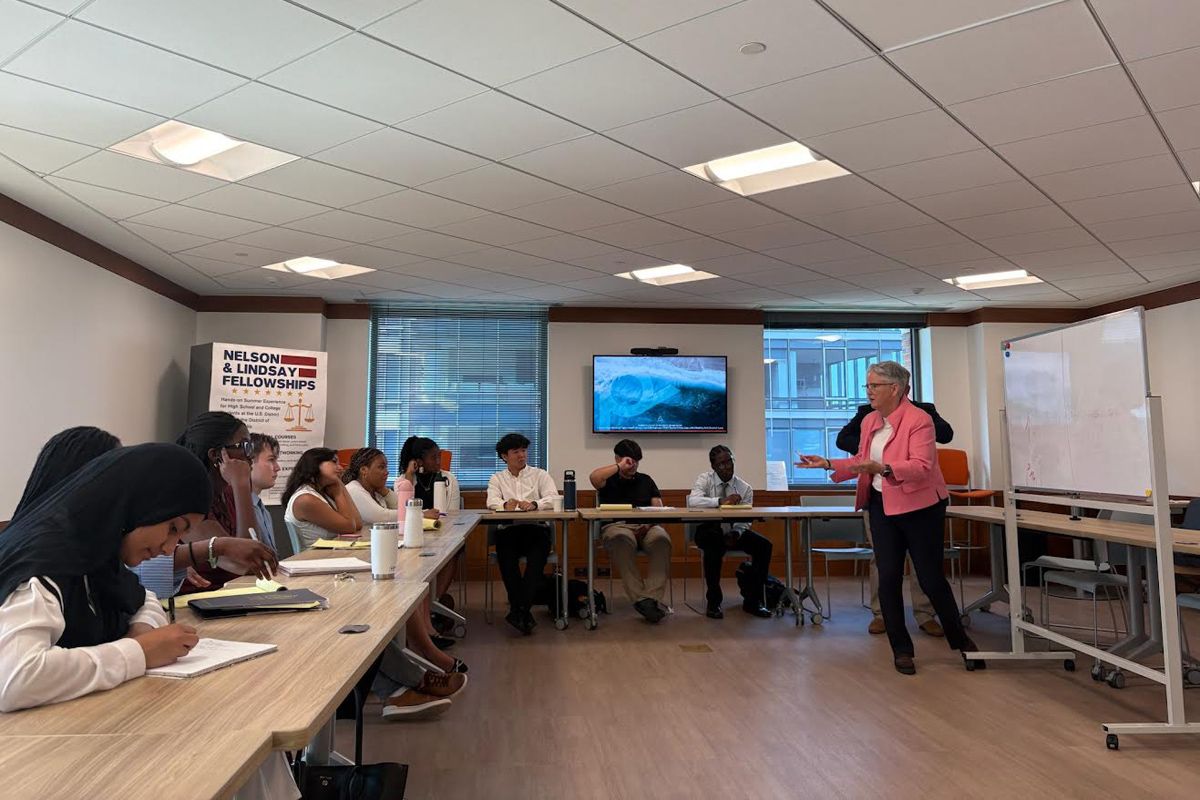
In partnership with the U.S. Court of Appeals for the First Circuit and U.S. District Court for the District of Massachusetts, Discovering Justice is now offering Half-Day Civic Excursions for high school students.
What is it?
Once a month, high school groups can spend a morning at the John J. Moakley U.S. Courthouse to experience the justice system live. Each 3-hour program includes:
- An inquiry-based, Massachusetts History & Social Science Framework-aligned courthouse tour
- One interactive, hands-on learning activity of your choice.
- An opportunity to engage with a federal judge
We recommend scheduling at least 4 weeks in advance.
- High school groups (Grades 9–12)
- Maximum of 35 students per visit
- Note: Space is limited and schools will be registered on a first-come, first-served basis. If sessions fill, we’ll gladly add schools to a waitlist.
- In addition, a limited number of bus scholarships are available for Title I schools upon request.
- Spots are filling fast — only two left!
- March 20th
- June 17th
- Runs from 9:00 AM – 12:00 PM (optional 30-minute lunch can be added)
Program Options
Do Students Have Constitutional Rights In Schools?
In this 3 hour, highly interactive, standards-aligned offering, high school students will engage deeply with the first and fourth amendments.
After a tour of the Moakley Courthouse emphasizing the values of the justice system, students will visit the Breyer Learning Center for a review of the federal judiciary and the Bill of Rights, with particular focus on the first and fourth amendments. Students will practice applying the first and fourth amendments to real world scenarios in an engaging activity. Before heading to the courtroom, students will learn precedent from two Supreme Court cases dealing with student constitutional rights in the classroom, Tinker vs. Des Moines and New Jersey v. TLO. Then, after entering a Court of Appeals courtroom, students will work with a federal judge and their law clerks to prepare for their oral arguments in the case of Alyssa vs. Le Blanc High School. During the oral arguments, students will take the role of petitioner, respondent, or judge.
The case involves real world issues facing students today:
- Can a school require its students to use clear backpacks?
- When is protest protected speech for students?
In this 3-hour, highly interactive, standards-aligned program, high school students will engage deeply with the jury system and the constitutional right to a fair trial.
The experience begins with a guided tour of the Moakley Courthouse, highlighting the role of justice in our democracy. Students then step into the shoes of prospective jurors, taking part in a civil case simulation led by a federal judge, courtroom deputy, and clerks. They participate in the full jury empanelment process—from voir dire questioning to challenges for cause and peremptory strikes—while learning about the Batson challenge and how fairness and bias influence the composition of a jury.
Throughout the day, students grapple with essential questions:
- How does bias, both explicit and implicit, affect the pursuit of justice?
- What responsibilities do citizens carry when serving as jurors?
By the end of the program, students gain a deeper understanding of the rights and responsibilities of jury service and the vital role citizens play in safeguarding justice in our democracy.
In this 3-hour, highly interactive, standards-aligned program, high school students will explore how sentencing decisions are made in federal court—and what it truly means to deliver justice. The experience begins with a courthouse tour that highlights the values of the federal justice system, followed by a lesson led by a sitting federal judge on the structure of the judiciary and the principles that guide criminal sentencing. Students then step into the courtroom themselves, participating in a mock sentencing simulation where they take on the roles of prosecutors, defense attorneys, and judges, applying federal sentencing guidelines to a fictional case. The program concludes with the observation of a real sentencing hearing, offering students a powerful opportunity to witness the human impact of legal decisions in action.
Throughout the day, students wrestle with essential questions:
- How should judges balance fairness, public safety, and individual circumstances?
- How can the law reflect both accountability and compassion?
By engaging directly with these questions, students gain a deeper understanding of the Constitution, the federal courts, and the complex decisions that shape lives and communities.
